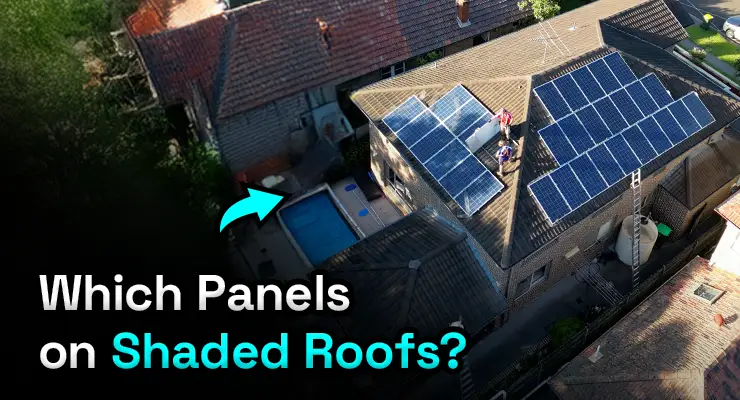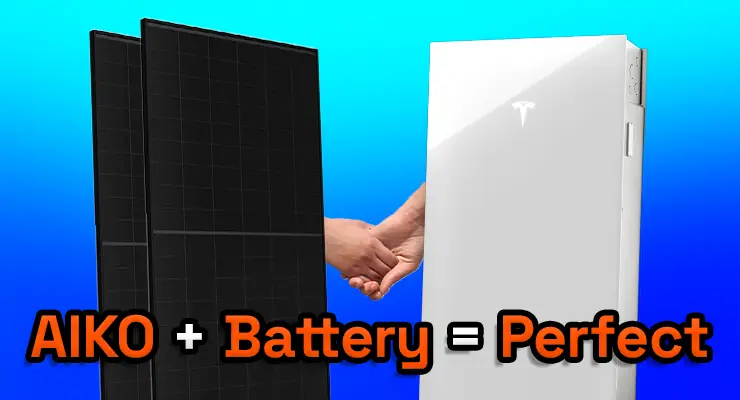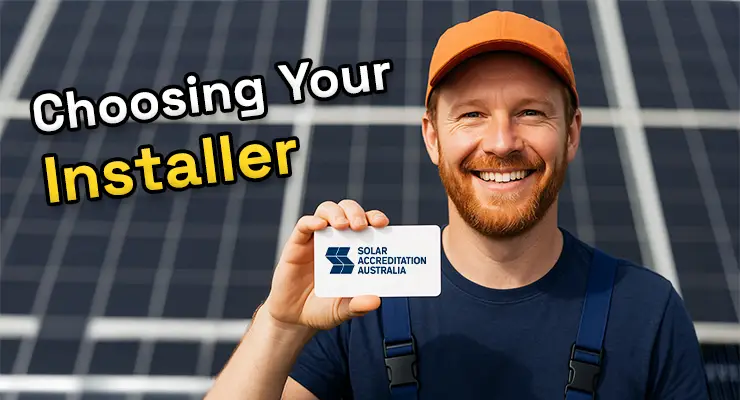
Fast read
Various financing options are available if you cannot afford or do not have the money to buy solar panels upfront.
Green loans are one choice, which are unsecured personal loans provided by specific financial institutions for purchasing eco-friendly goods like solar panels.
You can install a system with no up-front charges and pay for it monthly using solar leasing, often known as rent-to-own solar. If your mortgage's interest rate is lower than other loans, adding the solar system to your mortgage may be a smart move.
With a solar power purchase agreement, an operator will install a solar system on your roof for free, and you'll pay less than the grid for the power it generates. Before selecting a financing option, it's crucial to consider your financial condition and energy usage.
What are the different solar system finance options?
If your funds are tight and you just got hit with a high electricity bill, you may be wondering how you can finance a solar system since the temptation to say: “Will solar be able to lower my cost of living pressures?” The answer is a clear YES – a solar system can reduce one’s electricity bill by at least 50% and often significantly more if a few guidelines are followed. They are:
- You use the majority of your electricity during the day;
- The system is appropriately sized for your consumption;
- The system has no issues with shadowing or poor maintenance;
- You have purchased a quality system, not a nasty budget solar system, which will only give you trouble over the years.
Now this information below is NOT giving you any financial advice, and it is always recommended you make your independent inquiries.
So we have established that although solar can be financially beneficial for homeowners in the long-term, they carry a high upfront cost. For many households, the finances may not be available to purchase a solar system upfront.
Luckily, several financing options for solar may make purchasing a solar system more viable.
Green loans
The first way an individual can afford a solar system is through a Green Loan. Certain financial institutes offer unsecured personal loans to customers purchasing environmentally friendly products such as solar systems.
These loans generally have a lower interest rate and fewer fees. Payments for solar panels can be spread out over several years, making them lower than the savings on energy bills. This means buyers start saving money immediately.
Green loans have strict eligibility requirements, and one needs an excellent former credit score. Some examples of institutions that provide Green loans and other forms of solar system finance are:
- Bendigo Bank
- Plenti
- Brighte
- Bank Australia
- Commonwealth Bank
- Firstmac, and
- many Credit Unions
Please note that these arrangements change regularly, so please inquire with your financial institution.
Solar leasing
Embracing the advantages of solar energy in Australia has become even more accessible through the widely adopted practice of solar leasing. Rent-to-own solar is a good option for people who want solar power but can’t afford it upfront. It lets you install a solar system without paying all at once.
With solar leasing, homeowners can get a solar system without paying upfront. They can choose to pay in monthly instalments. This is different from a regular loan, where ownership is immediate.
This approach proves particularly advantageous for those considering larger-scale or commercial solar systems. The absence of upfront costs allows for a smoother entry into solar energy utilisation. The payment plan matches the expected savings from the solar power system, making it a practical and affordable option over time.
In summary, solar leasing, or rent-to-own solar, serves as a practical avenue for Australians seeking to adopt solar technology without the initial financial hurdle. By spreading the costs through manageable monthly payments, this approach enables the installation of solar panel systems, proving particularly beneficial for larger or commercial projects where long-term savings easily surpass initial interest costs.

Redraw your mortgage
Switching to solar power is becoming more popular in Australia, and many people are finding a way to make it happen without paying all the costs upfront. One common method is to include the expense of a solar system in your mortgage. This approach is beneficial because mortgage interest rates are generally lower than those on regular loans.
It’s important to note that this option is wise only if you have a good grasp of your financial situation. If you take too long to pay off your mortgage, you might end up spending more on the solar system in the long term.
So, if you’re considering adding a solar system to your mortgage, make sure you understand your finances well. While it can be a smart financial move because of lower interest rates on your loan, it’s crucial to manage your finances wisely to avoid increased overall costs for the solar system over time.
Solar power purchase agreement
Solar Power Purchase Agreements are the final method of financing a solar system purchase instead of cash. This is where an operator installs a solar system on your roof for free. The operator then owns the panels, and you, as the homeowner, buy the produced power at a lower rate than the grid.
However, the main issue with this purchase is that if the solar power is not used during the day as it is generated, the homeowner will struggle to make a great long-term profit from solar. So this is a worthwhile option for people who use electricity at home.
Most quality solar companies can offer a finance option as part of their solar system sizing and design process. Simply ask about the finance options for solar systems or have a look at our finance calculator.
We must also mention that cheap solar systems tend to disappoint, with inferior panels and inverter solutions not standing the test of time. Moreover, a bad situation arises when one still has to pay off a solar system that has stopped working. So go for a quality system instead and get a better long-term financial benefit.


